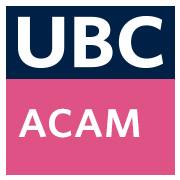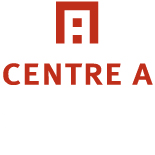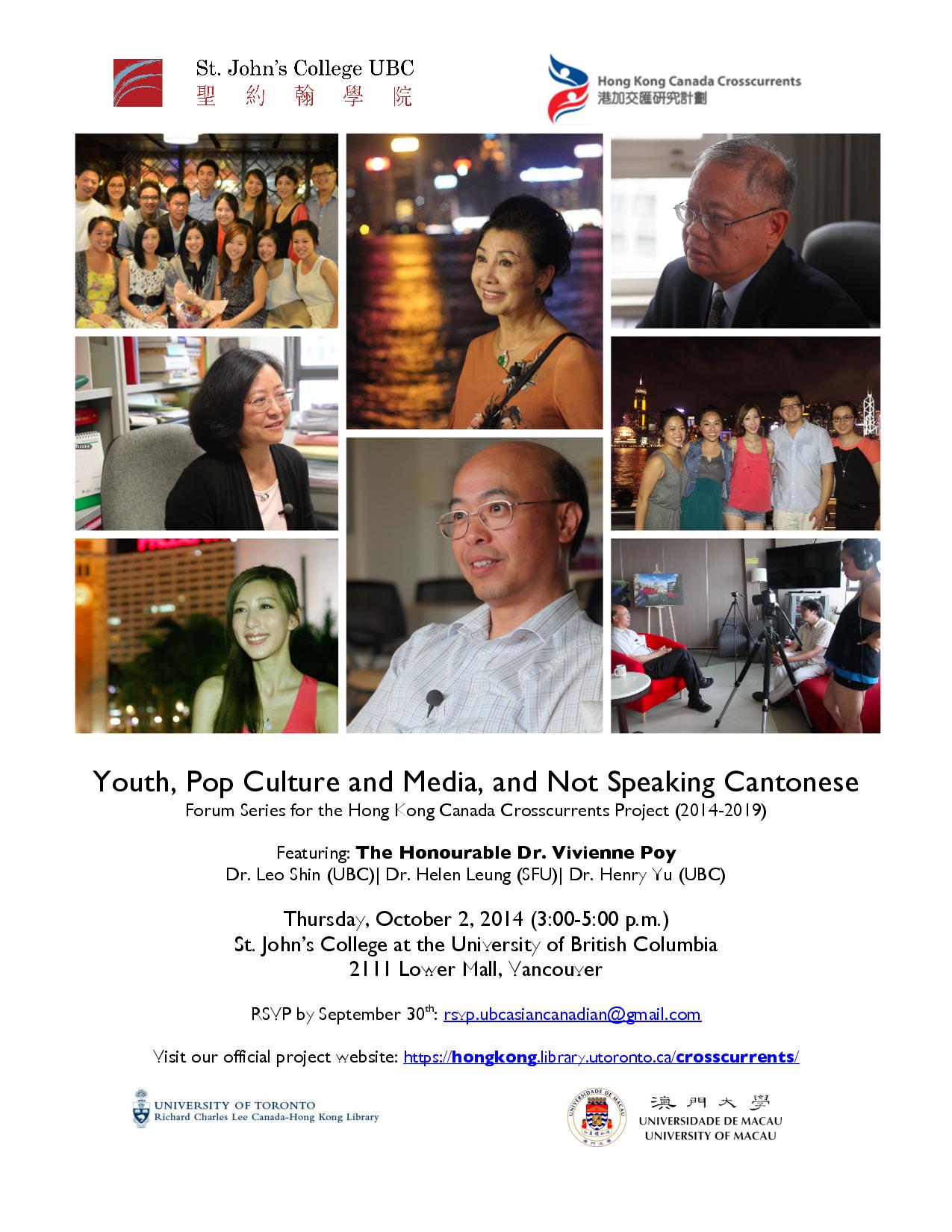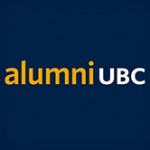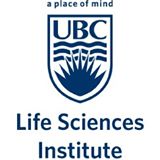Webcast sponsored by the Irving K. Barber Learning Centre and hosted by alumni UBC and Vancouver Maritime Museum. In 1845, the two ships of the Franklin Expedition, HMS Erebus and HMS Terror, set sail from England on a mission to explore the Northwest Passage. The following year, the ships became trapped in ice and the entire crew was lost. The fate of Franklin’s crew and ships remained one of Canada’s greatest maritime mysteries until early this September when the Victoria Strait Expedition made the exciting discovery of one of the ships.
This talk is about the UBC alumni who were involved with the 2014 Victoria Strait Expedition. They will share stories about the search efforts and will provide insight about why the Franklin Expedition has captured the Canadian public’s imagination for more than 160 years.
Aaron Lawton, BSF’07, FRCGS – Expedition Leader One Ocean Voyager
Colin Bates, PhD’07 – Expedition Staff, Marine Ecologist
Jimmy Thomson, MA’14 – Journalist (appearing by video)

